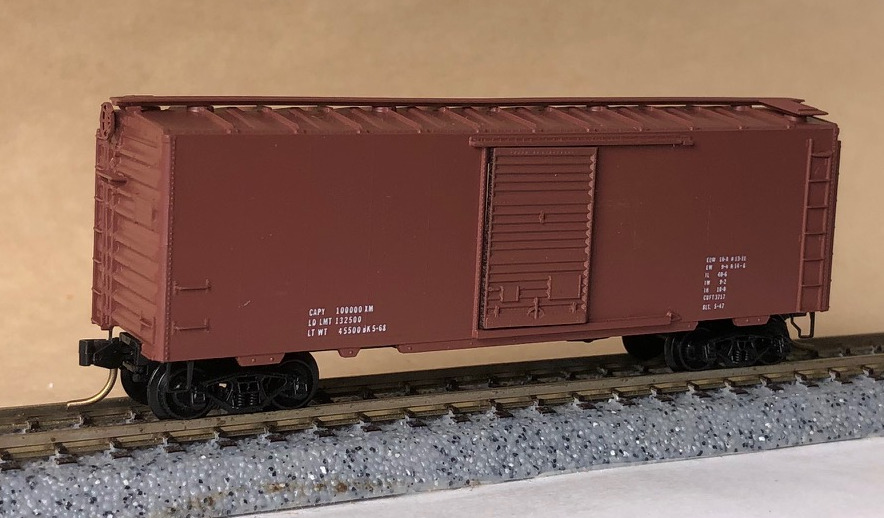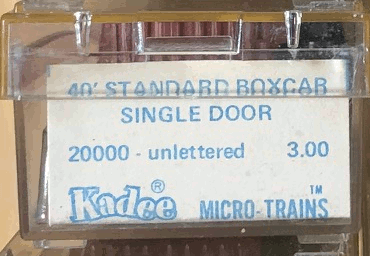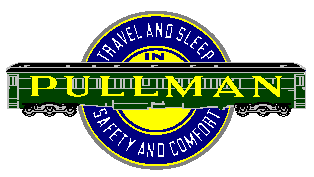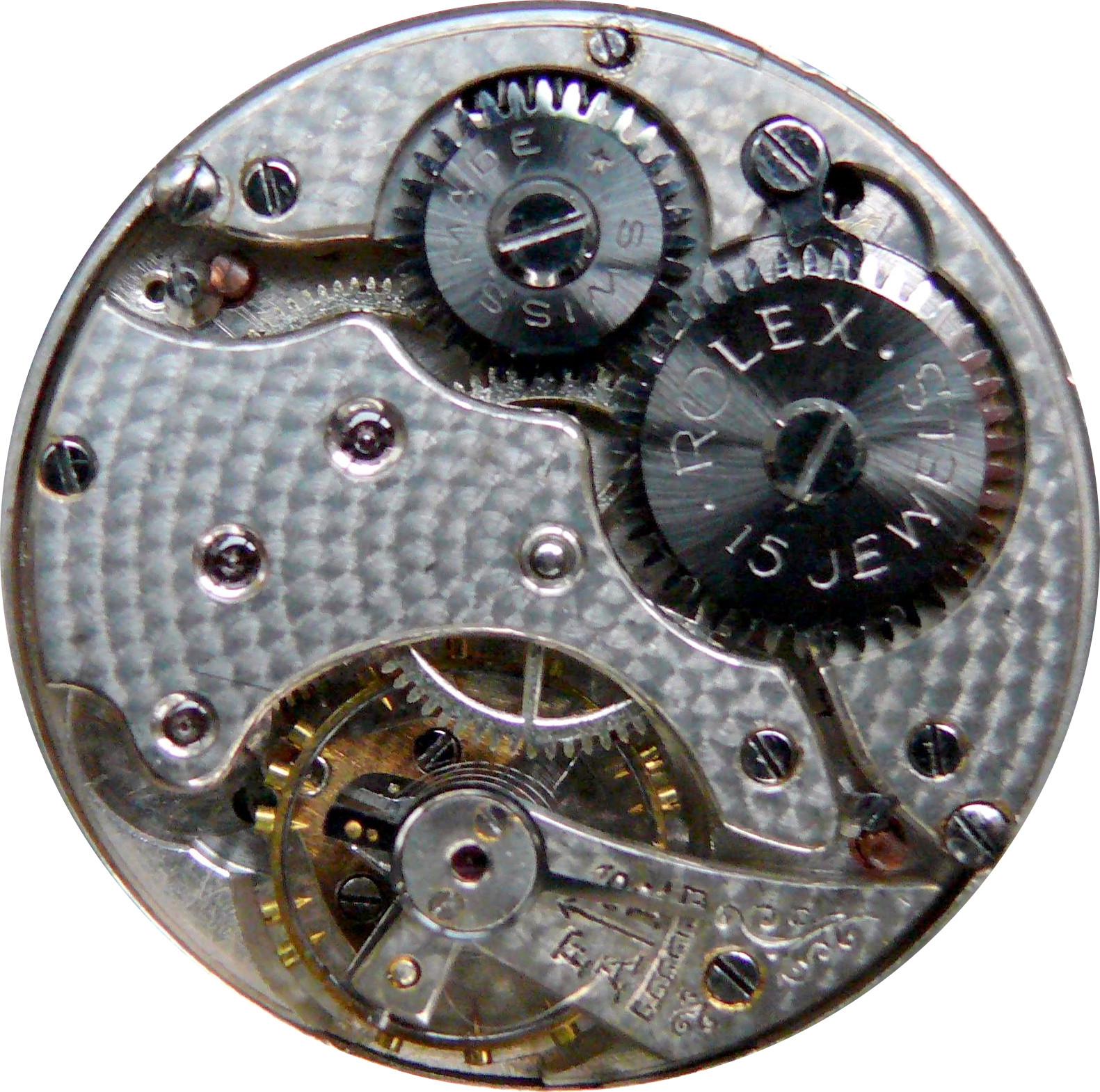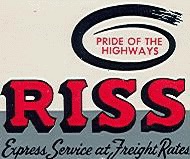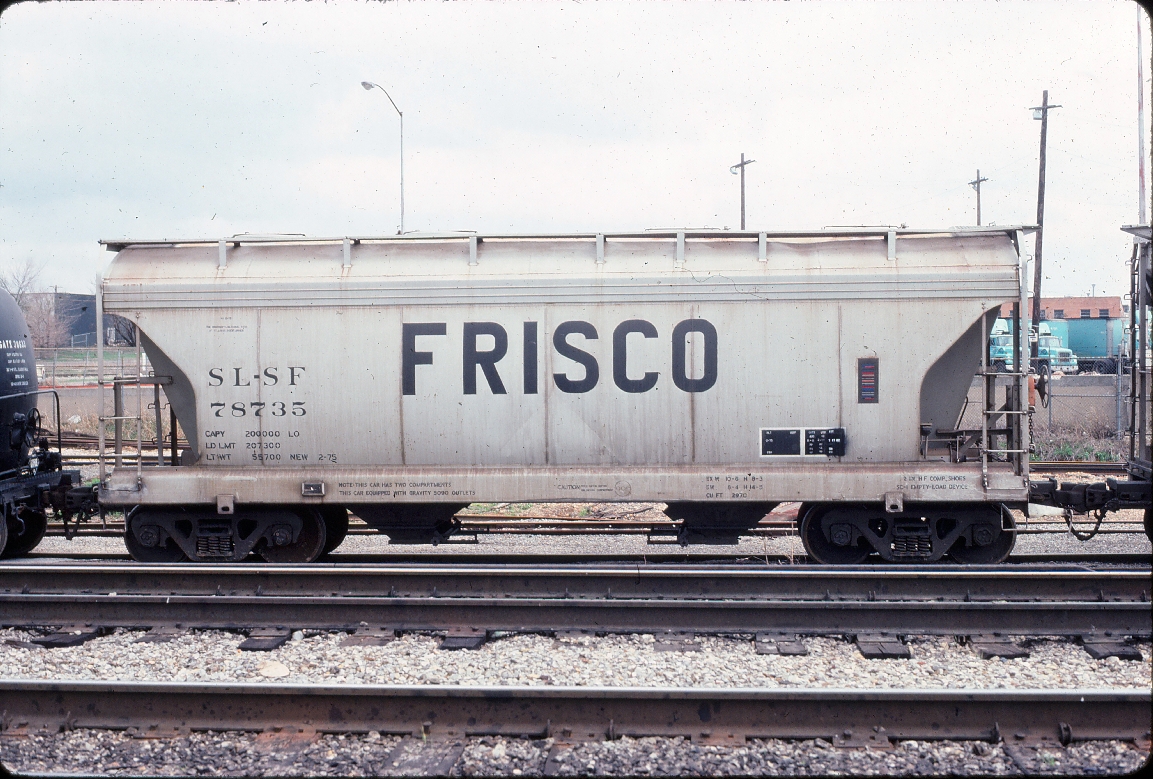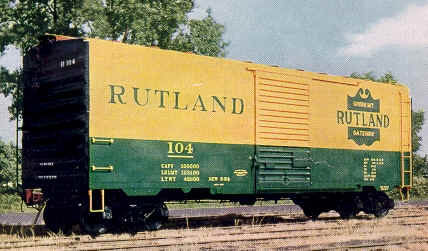Specific Item Information: This item was available in two different colors, Tuscan and Light Brown.
Model Information: This is Micro-Trains first body style. It was introduced in 1972. Its is a model of a Pullman-Standard PS-1 boxcar from circa 1957. Micro-Trains does not market it as a PS-1 so as to allow themselves some latitude so they can use this car to model non-PS prototypes. Hundreds of different releases have used this body style in various paint schemes and road names. They are equipped with 6' sliding doors, either Youngstown (4/5/4 rib pattern) or Superior (7 panels). It is not a model of a "modern" steel boxcar as the length (40 foot) and the roofwalk are more typical of the transition era (1939 - 1957).
In 2019, Micro-Trains started releasing this model with new body-mounted couplers attached to a new underframe.
In 2019, Micro-Trains started releasing this model with new body-mounted couplers attached to a new underframe.
Prototype History: The 40' Boxcar is widely known as one of the most popular freight cars used by railroads as they transitioned from steam to diesel. In particular the Pullman Standard or PS-1 design was one of the most popular and was widely used by North American railroads. These boxcars were built beginning in 1947 and share the same basic design, with certain elements such as door size, door style or roof type varying among the different railroads and production years. When production of these cars ceased in 1963, over 100,000 had been produced.
So just what is a PS-1? Well the simple answer is it is any boxcar built by Pullman Standard from 1947 on. The design changed over the years – sometimes subtly, sometimes for customer request, and sometimes in a larger way. In general, most PS-1’s built from 1947 to 1961 share the same dimensions and basic construction techniques. These cars all had a length of 40′, a height of 10’5″ or 10’6″, welded sides and ends and roof of Pullman’s own design. The greatest variation was in the size and style of doors used. Pullman Standard also offered 50′ and later 60′ boxcars – also with the PS-1 designation.
So just what is a PS-1? Well the simple answer is it is any boxcar built by Pullman Standard from 1947 on. The design changed over the years – sometimes subtly, sometimes for customer request, and sometimes in a larger way. In general, most PS-1’s built from 1947 to 1961 share the same dimensions and basic construction techniques. These cars all had a length of 40′, a height of 10’5″ or 10’6″, welded sides and ends and roof of Pullman’s own design. The greatest variation was in the size and style of doors used. Pullman Standard also offered 50′ and later 60′ boxcars – also with the PS-1 designation.
Road Name History: 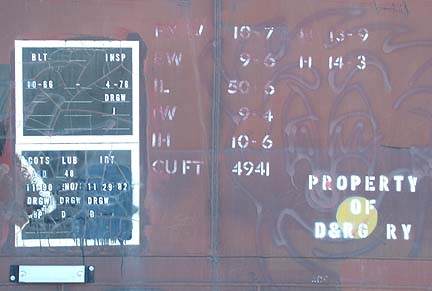 "Dimensional Data" here means painted models with printed body specifications and no road/reporting letters/marks or road Name/livery. The data typically consists of internal and external dimensions, capacities, weight information and specific characteristics of freight cars, trailers and containers.
"Dimensional Data" here means painted models with printed body specifications and no road/reporting letters/marks or road Name/livery. The data typically consists of internal and external dimensions, capacities, weight information and specific characteristics of freight cars, trailers and containers.
The Association of American Railroads (AAR) sets standards for the uniform marking of freight cars with regard to car ownership, weight, load capacity, dimensions, and maintenance. In addition, car owners choose to display data relating to various devices and equipment so the cars may be properly used and repaired.
CAPY (nominal capacity) is the intended load-carrying capacity of the car, to the nearest 1000 pounds. This is determined by the structural strength of the car's underframe and the size of the journal bearings of the car's trucks.
LD LMT (load limit) is the maximum weight of lading that can be carried by the car, to the nearest 100 pounds. This is determined by subtracting the weight of the car when empty from the total allowable gross weight given the size of the car's journal bearings. The load limit for a car is usually a bit greater than its capacity; the two figures can be equal, but capacity can never exceed load limit.
LT WT (light, or empty, weight) is the weight of the car when empty. Accompanying the light weight marking is a date indicating when the railroad or owner last verified the car's weight. The letters for this mark are not always reporting marks; sometimes a location code is used. NEW and a date indicates that the weight shown is the car's as-built weight, and that it hasn't been field-checked since.

The Association of American Railroads (AAR) sets standards for the uniform marking of freight cars with regard to car ownership, weight, load capacity, dimensions, and maintenance. In addition, car owners choose to display data relating to various devices and equipment so the cars may be properly used and repaired.
CAPY (nominal capacity) is the intended load-carrying capacity of the car, to the nearest 1000 pounds. This is determined by the structural strength of the car's underframe and the size of the journal bearings of the car's trucks.
LD LMT (load limit) is the maximum weight of lading that can be carried by the car, to the nearest 100 pounds. This is determined by subtracting the weight of the car when empty from the total allowable gross weight given the size of the car's journal bearings. The load limit for a car is usually a bit greater than its capacity; the two figures can be equal, but capacity can never exceed load limit.
LT WT (light, or empty, weight) is the weight of the car when empty. Accompanying the light weight marking is a date indicating when the railroad or owner last verified the car's weight. The letters for this mark are not always reporting marks; sometimes a location code is used. NEW and a date indicates that the weight shown is the car's as-built weight, and that it hasn't been field-checked since.
Brand/Importer Information: Micro-Trains is the brand name used by both Kadee Quality Products and Micro-Trains Line. For a history of the relationship between the brand and the two companies, please consult our Micro-Trains Collector's Guide.
Manufacturer Information: 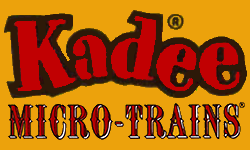 Kadee Quality Products originally got involved in N-Scale by producing a scaled-down version of their successful HO Magne-Matic knuckle coupler system. This coupler was superior to the ubiquitous 'Rapido' style coupler due to two primary factors: superior realistic appearance and the ability to automatically uncouple when stopped over a magnet embedded in a section of track. The success of these couplers in N-Scale quickly translated to the production of trucks, wheels and in 1972 a release of ready-to-run box cars.
Kadee Quality Products originally got involved in N-Scale by producing a scaled-down version of their successful HO Magne-Matic knuckle coupler system. This coupler was superior to the ubiquitous 'Rapido' style coupler due to two primary factors: superior realistic appearance and the ability to automatically uncouple when stopped over a magnet embedded in a section of track. The success of these couplers in N-Scale quickly translated to the production of trucks, wheels and in 1972 a release of ready-to-run box cars.
In October 1990 Kadee separated in two companies, with the newly created Micro-Trains® Line Co. continuing the Z, Nn3, and N Scale product ranges, with Kadee retaining the HO range.

In October 1990 Kadee separated in two companies, with the newly created Micro-Trains® Line Co. continuing the Z, Nn3, and N Scale product ranges, with Kadee retaining the HO range.
Item created by: nscalemodeler160 on 2016-04-06 09:23:49. Last edited by gdm on 2020-12-13 12:45:40
If you see errors or missing data in this entry, please feel free to log in and edit it. Anyone with a Gmail account can log in instantly.
If you see errors or missing data in this entry, please feel free to log in and edit it. Anyone with a Gmail account can log in instantly.


